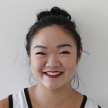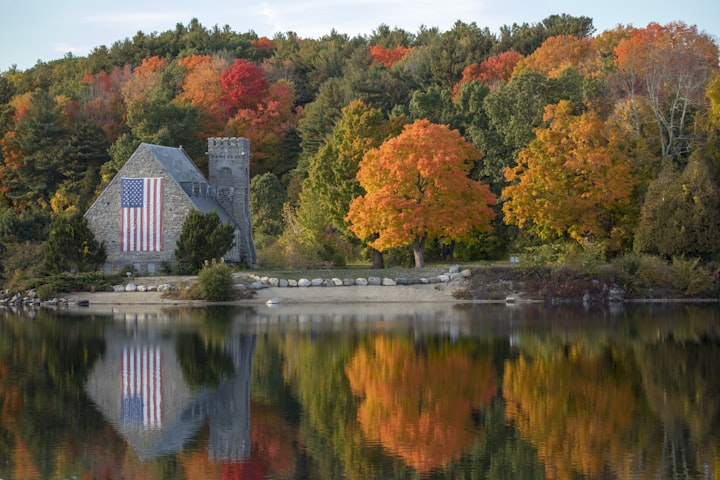
I'm Chinese American and I grew up in Seattle, Washington, a city with a relatively large Asian American population. I lived in an affluent neighborhood and went to a good high school where most children were from upper middle class families. As such, I've lived a pretty sheltered life, so much so that I didn't realize there was inherent racism even in my liberal, privileged community. This racism wasn't the typical racism focused on by media. I never faced any outright malice. That's why it took me so long to realize that there is more to racism than vicious insults.
Even in elementary school, assumptions were made about me because of my race. Kids in my classes would ask me for help because I was Asian so I was supposed to be good at math. Luckily for me, I was good at math. I didn't think it was an issue that everyone who saw me assumed I was the smart Chinese girl, because it seemed like a good thing. I was happy that people would think I was smart just by looking at me, like I was doing something right in how I carried myself.
It wasn't until high school when I realized how damaging these stereotypes can be. It occurred to me that if you weren't naturally gifted at math or science or book-smarts, the assumptions that you are gifted because of your race could be extremely discouraging. People "like you" are supposed to be smart! So why aren't you? I made friends with other Asian Americans who didn't perfectly fit the mold of the obedient, smart kid and I could see a pain there because part of them felt that they couldn't live up to expectations. No one should grow up being told they are not enough because of the color of their skin.
Around the same time, I started "discovering myself" as people do around that age. All my life, through middle school, I had conformed to societal ideals. My favorite music in middle school was whatever pop was playing on the radio and I read books and watched movies that other kids my age thought were good. In a way, I didn't have my own identity. I was extremely concerned with fitting in and being caught up with what was cool with my peers.
My sophomore year in high school, a friend played some hip-hop while over at my house. I'd heard hip-hop before, but I had never considered whether I liked it, because it wasn't necessarily "mainstream." But that day, I realized that the beats and the rhythm in hip-hop appealed to me far more than pop did and that realization changed my identity. Although hip-hop has become far more mainstream since my sophomore year of high school, it was a big deal for me to be rejecting the status quo. My mom hated this transformation of mine from a "nice Chinese girl" who listened to innocent pop to an "Americanized Chinese girl" who listened to hip-hop loudly in her car. It was definitely not who I was "supposed" to be.
My identity only developed more as I understood why I had tried so hard to fit in all my life. I slowly realized that I was concerned about fitting in and being the nice girl because that's what people expected me to be. Just as stereotypes can hold Hispanic Americans or African Americans back because people expect less of them, stereotypes were keeping me from exploring my real interests. Children are so sensitive to other's expectations and I was no exception. After all, what would people think if I was such a "rebel"?
Even though the racism and stereotypes I've faced are not as violent and outwardly damaging as other minorities face, it has affected my life all the same. Just as stereotypes make minorities afraid to reach for big dreams like going to college, stereotypes made me afraid to show the world who I really am. Even since realizing that it was OK to break the mold of the "model minority," I've been able to make genuine connections with others who share my real interests. Just because I like hip-hop music and have tattoos, doesn't mean that I'm not a hard-working student; but the stereotypes I grew up with convinced me otherwise for the longest time.
About the Creator
Jenny Y
Seattle, WA/Boston, MA
Undergraduate at Northeastern University, aspiring surgeon
Passionate about photography, travel, beauty, and fitness






Comments
There are no comments for this story
Be the first to respond and start the conversation.